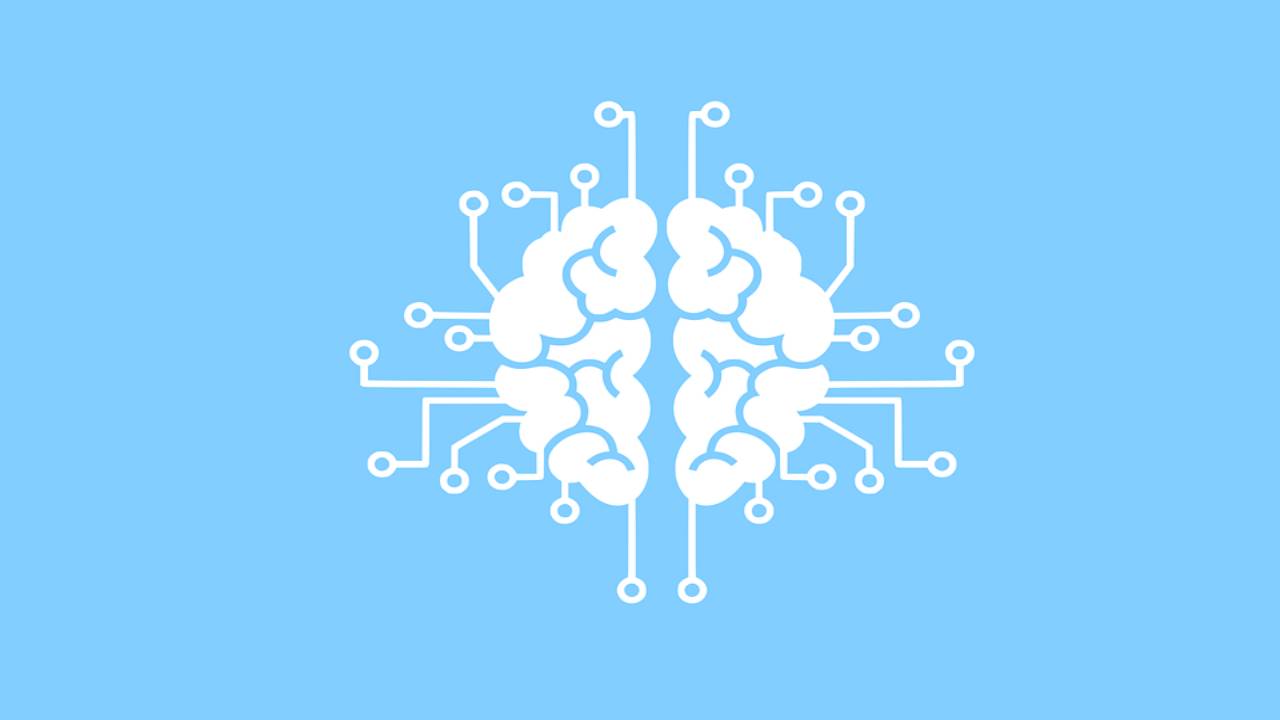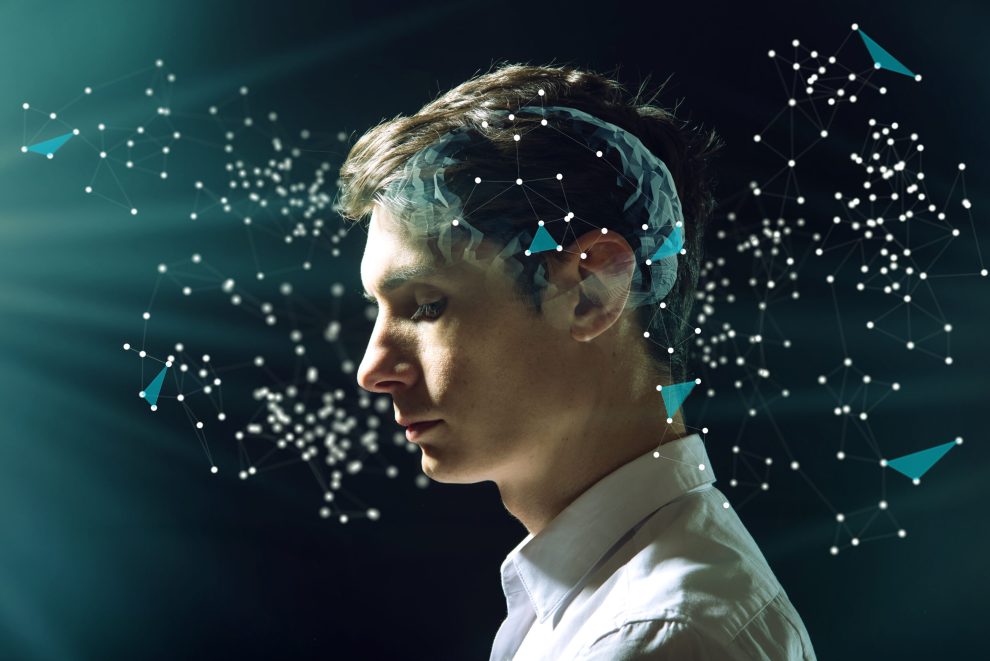As artificial intelligence (AI) weaves its way into our daily lives, from smart assistants to personalized recommendations, so too does the question of its impact on our mental well-being. From AI-powered chatbots offering companionship to intelligent robots providing elderly care, advanced human-AI interactions are becoming increasingly complex and nuanced.
While the potential benefits of these technologies are vast, so too is the need to understand and monitor the potential downsides when it comes to mental health.
This blog delves into the intricate dance between human minds and artificial intelligence, exploring the potential mental health impacts, both positive and negative, and proposing methods for responsible development, deployment, and monitoring of AI systems.
The Promise and Pitfalls: Walking the Tightrope of AI’s Mental Health Potential
In many ways, AI shows great promise when it comes to supporting mental health and wellbeing:
- Increased Accessibility: AI-powered chatbots and therapists can offer support and connection, breaking down barriers for those struggling with access to traditional in-person therapy due to finances, location, or availability.
- Personalized Care: Advanced AI algorithms can analyze vast amounts of health data to personalize and tailor treatment plans, interventions, and recommendations to individual needs and responses.
- Enhanced Monitoring: Wearable devices powered by machine learning can continuously monitor mood, sleep patterns, activity levels, and other mental health indicators, with the potential to notify users or healthcare professionals about emerging issues.
However, despite the promises, a number of potential pitfalls and negative impacts also plague the field of AI and mental health:
- Emotional Manipulation: If improperly designed or deployed, AI systems could unintentionally exploit emotional vulnerabilities based on unconscious bias in algorithms or manipulative tactics intentionally built into narratives.
- Social Isolation: Overreliance on AI for social connection and companionship could potentially replace real human relationships, leading to issues like loneliness, depression, and emotional isolation.
- Privacy Concerns: The vast amount of personal data collected by AI systems during interactions raises crucial privacy issues, with potential to heighten anxiety, paranoia, and distrust surrounding use of one’s information.
- Unrealistic Expectations: Emerging societal hype and inflated media portrayals of AI’s current capabilities could foster unrealistic expectations around emotional skills, self-awareness, and empathy, leading to disappointment and impacts to self-esteem and confidence when such lofty benchmarks aren’t reached in reality.

Monitoring the Mental Health Landscape: Navigating the Delicate Dance
With both profound promises and considerable pitfalls inherent in this technology, crucial questions emerge around responsible development, deployment, and monitoring when it comes to AI’s impact on mental health.
How exactly do we successfully track the potential risks and downsides, without losing out on the benefits to users’ wellbeing? It’s a complex dance requiring a collaborative, multi-pronged approach.
Core Tenets of Responsible AI for Mental Health
Several core tenets stand out when considering how to monitor AI through an ethical mental health lens:
- User-Centric Design: AI aimed at mental health should be designed first and foremost with user wellbeing in mind, interweaving considerations around transparency, privacy, and user control over data collection and system functions.
- Rigorous Testing and Monitoring: Extensive testing should assess potential mental health risks both before launch and continuously after deployment, monitoring for any emerging issues or harms.
- User Feedback Channels: Clear paths should exist for open user feedback, allowing people to easily report concerns, issues, and suggestions for improvement related to mental health.
- Cross-Disciplinary Collaboration: Tight collaboration between AI developers, ethicists, psychologists, healthcare experts, and end-users is key to ensure responsible, ethical development and deployment.
- Public Awareness & Education: Proactive public outreach around the nuances between AI’s promises and current realities plays a crucial role in setting reasonable expectations and empowering individuals to make fully informed choices about if and how to interact with AI.
Emerging Tools to Track Mental Health Impacts
In tandem with responsible development and deployment principles, several promising tools and techniques are emerging to monitor AI’s impacts on mental health and wellbeing:
- Sentiment & Emotion AI: Algorithms designed to analyze user language, facial expressions, and behavior during AI interactions may help identify signs of psychological distress or negative emotional states.
- Multimodal Physiological Sensing: Wearables tracking biological signals like heart rate variability and skin conductance changes can reveal users’ physiological state and emotional responses to AI systems.
- Brain-Computer Interfaces: Though still largely experimental, portable EEG and implanted devices offer future potential to decode neurological signals during human-AI interactions, detecting signs of cognitive overload, stress, or disengagement.
The Road Ahead: Building a Collaborative Future
Responsibly navigating the intricate dance between artificial intelligence and the vulnerable human mind requires acknowledging both profound promises and possible perils. Moving forward, by leading with ethical considerations, engaging diverse voices, and utilizing emerging tools, we can build a collaborative framework that allows AI to enhance lives without compromising mental health.
Monitoring AI’s mental health impacts is not a one-time box to check but an ongoing journey demanding vigilance, care, and collective responsibility. As developers, policymakers, and users, we must remember that AI is simply a tool. And like any tool, it is up to us to wield it in ways that empower rather than harm.
If we work together across disciplines, centering ethics and human wellness at the core, the future of AI promises to be bright. But we have much collaborative work ahead if we hope to build an ecosystem of artificial intelligence that is as mentally healthy for societies as it is technologically advanced.
















Add Comment